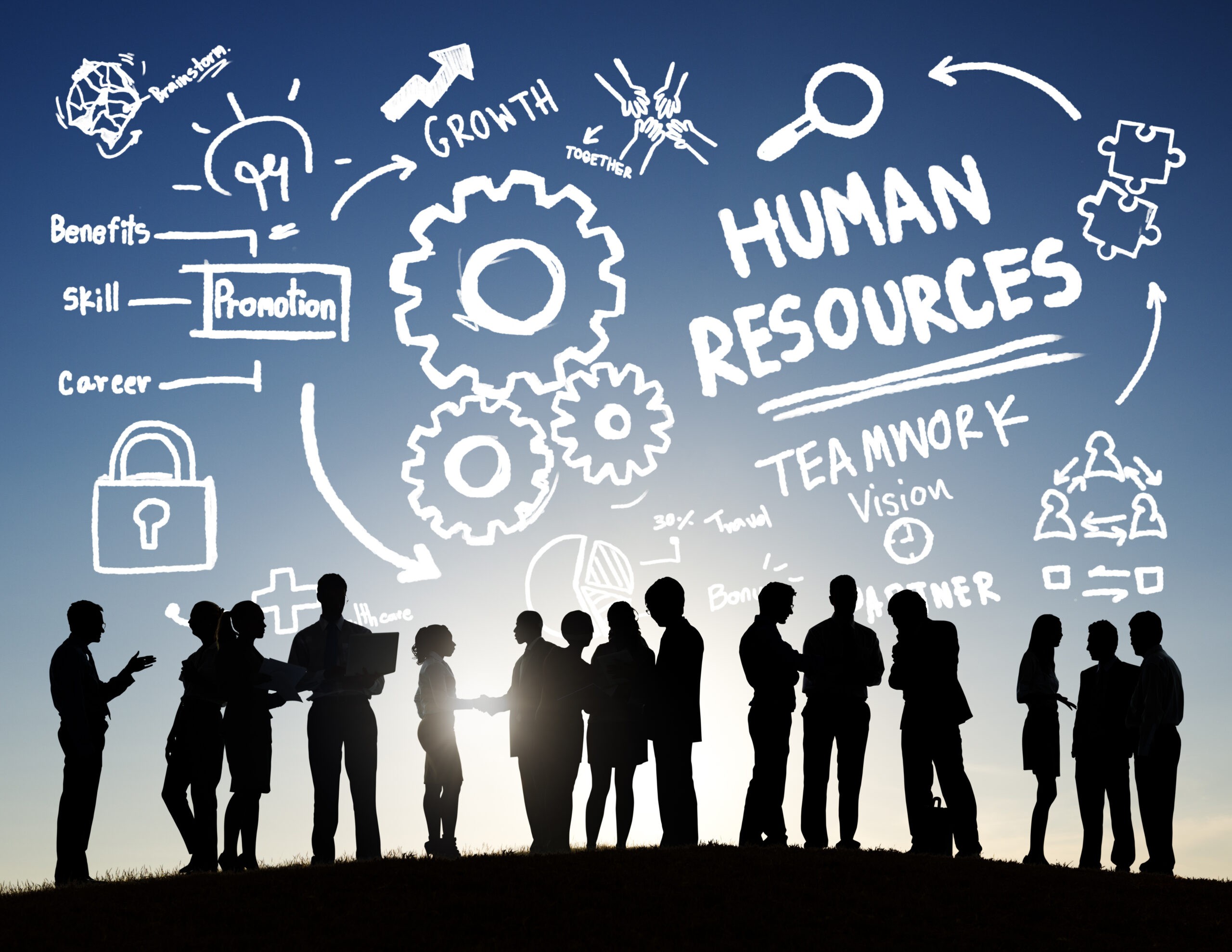The strategies of human resource (HR) professionals need to change along with the changing nature of workplaces. Muhammad Saad Iqbal, a seasoned HR professional with more than twenty years of experience, gives important advice on how to manage multicultural workforces, talent acquisition, and the imperative of adapting to technological changes.
Managing Multicultural Workforces
With globalization, workplaces have become increasingly diverse, bringing both opportunities and challenges. Iqbal, currently the President of Intersys Ltd and a visiting faculty member at Karachi University, emphasizes the importance of understanding and respecting cultural differences to foster an inclusive workplace. “Promoting diversity and inclusion is not just about meeting quotas,” Iqbal notes. “It’s about creating an environment where every employee feels valued and respected, which in turn drives engagement and productivity.”
Iqbal advocates for comprehensive diversity training programs and cultural sensitivity initiatives. These, he suggests, are essential for mitigating biases and fostering positive intergroup relations. By recognizing diverse cultural norms and communication styles, organizations can enhance collaboration and reduce conflicts within teams.
The Key Role of Talent Acquisition and Retention
In today’s competitive business landscape, attracting and retaining top talent has become a critical priority for HR departments. Iqbal, who has also served as Manager of Admin & HR at Snac Global and Senior Manager of the Business Unit, underscores the importance of employer branding and recruitment marketing. “A strong employer brand that resonates with your target talent pool can differentiate your organization from competitors,” he says.
Iqbal also highlights the significance of retention strategies. Career development opportunities, competitive compensation packages, and a positive organizational culture are vital components of these strategies. “Employees need to see a clear path for their growth within the company,” Iqbal states. “Providing training programs, mentorship, and advancement opportunities can significantly reduce turnover rates.”
Adapting to Technological Changes
Technology is rapidly transforming HR practices, and Iqbal is a strong advocate for embracing digital tools to enhance HR functions. “Digital transformation is not just a trend; it’s a necessity,” he asserts. Technologies such as applicant tracking systems, performance management software, and digital learning platforms can streamline processes and improve efficiency.
However, Iqbal also warns of the challenges associated with technological adoption, particularly regarding data privacy and cybersecurity. “With the increasing use of digital HR systems, safeguarding employee data is paramount,” he emphasizes. Implementing robust security measures and ensuring compliance with data protection regulations are critical steps in this process.
Iqbal also points to the rise of automation and AI technologies, which, while beneficial for streamlining tasks, also raise concerns about job displacement. He advocates for continuous learning and reskilling programs to help employees adapt to changing technological requirements. “Fostering a culture of continuous learning is crucial,” he explains. “Employees need to be equipped with the skills necessary to thrive in a digital-first workplace.”
Muhammad Saad Iqbal’s Career
Iqbal’s extensive career in HR has been marked by his proactive approach to evolving workforce needs. With a Master’s degree from Karachi University and a successful tenure at various organizations, he has consistently demonstrated his ability to drive HR innovations. As President of Intersys Ltd, he has been instrumental in implementing HRIS and other modern HR practices.
His role as a visiting faculty member at Karachi University also highlights his commitment to nurturing the next generation of HR professionals. “Teaching allows me to share my experiences and insights with future HR leaders,” he says. “It’s about preparing them for the challenges and opportunities that lie ahead.”
Muhammad Saad Iqbal’s insights emphasize the necessity for HR professionals to adapt to the changing dynamics of the modern workforce. By managing multicultural teams effectively, implementing robust talent acquisition and retention strategies, and embracing technological advancements, organizations can navigate the complexities of today’s business environment. “HR is not just about managing people; it’s about empowering them to achieve their best,” Iqbal concludes. “And that requires a strategic, forward-thinking approach.”




